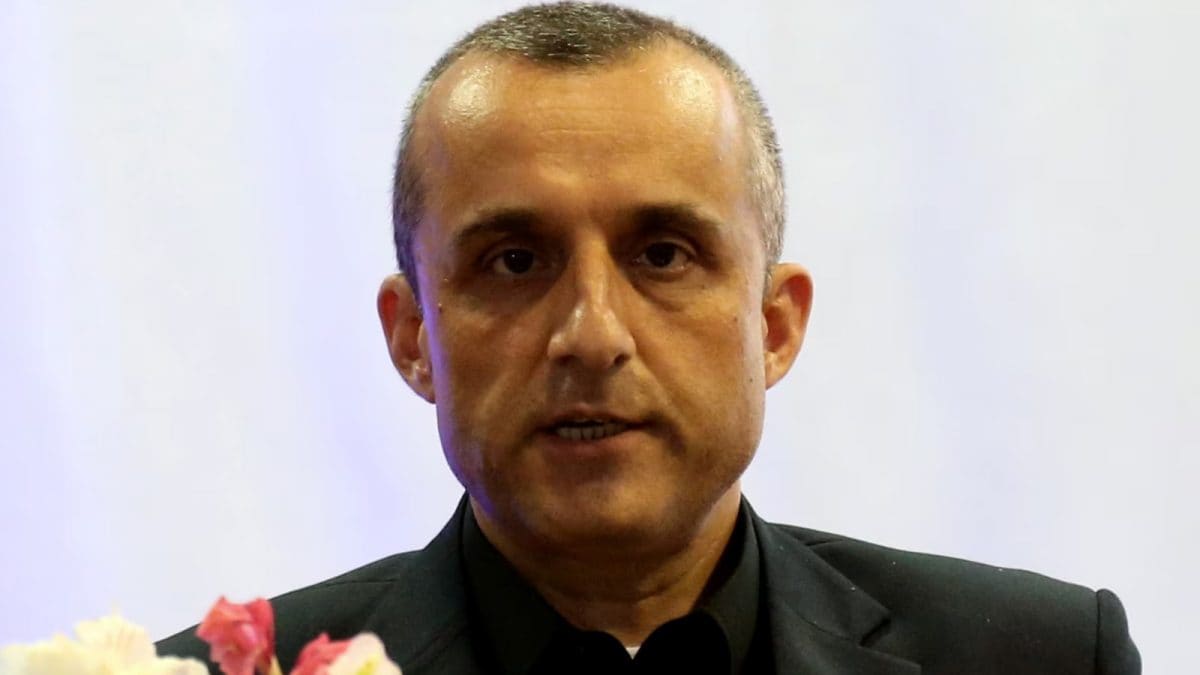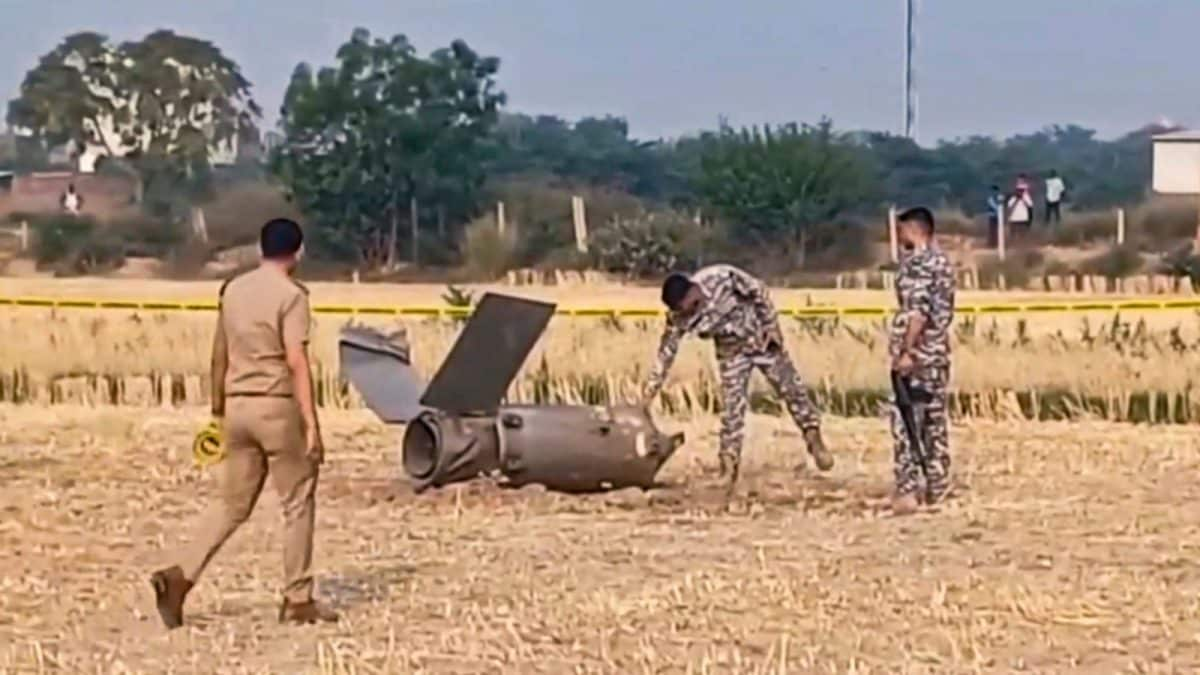A multibillion-pound road tunnel under the River Thames will be out of date the moment it opens, according to campaigners.
The first cars and lorries are due through the Silvertown tunnel in east London on Monday, passing between Greenwich on the south side of the river and Newham in the north.
Sadiq Khan, the mayor of London, and officials at Transport for London (TfL) claim the new crossing will deliver a much-needed cross-river transport boost for the capital, reducing congestion and air pollution.
But the scheme has faced widespread opposition from local people, politicians, climate scientists and medical experts, who say it will increase traffic and air pollution – worsening public health in some of the most deprived boroughs in the country. They also say it threatens to lock in high-carbon transport for generations to come.

Victoria Rance, founder of the Stop the Silvertown Tunnel Coalition, said there is a feeling of anger among the people who have raised objections to the project, adding the tunnel is a 20th-century solution to a 21st-century problem.
“As cities across Europe invest in public transport or active travel – real green transport infrastructure – we are left with what is effectively 1970s technology … a highly polluting road tunnel that will be out of date the moment it opens.”
Rance said the £2bn scheme is a wasted opportunity that will damage the health of local communities for decades to come unless it is urgently reimagined.
“We are still calling for it to be repurposed into a tunnel crossing for public transport and bikes and we will continue to make that argument.”
She pointed out that other tunnels along the Thames that were originally built for horse-drawn transport, such as the Blackwall tunnel and the Brunel Rotherhithe tunnel, were changed to accommodate motor vehicles or trains as technology advanced.
Something similar will happen with Silvertown, she argued, as it becomes obvious that private fossil-fuel-driven transport has been superseded in cities by electric-powered public transport, walking and cycling.
However, Khan insisted the project will transform travel in the south and east of London, with “faster, more reliable journey times … reduced congestion and improved air quality, with enhanced public transport links through zero-emission cross-river buses”.
He added there would be discounts and concessions for residents and a lane for zero-emission double-decker buses, plus a free cycle-shuttle service to encourage more people to switch to greener modes of transport.
skip past newsletter promotionafter newsletter promotion

However, opponents point out that the bus lane will also be open to HGVs and the tunnel will open up a new route for bigger lorries that were unable to use the Blackwall tunnel. Tolls will not apply to lorries or any vehicle after 10pm.
Caroline Russell, a Green party London Assembly member, has been campaigning against the tunnel for years. She said today’s opening was “a reminder of the £2bn wasted on a project that nobody in London has shown any real enthusiasm for”.
Russell said Londoners needed river crossings “that prioritise clean air, safe walking and cycling with affordable public transport rather than this traffic-inducing road tunnel”.
And she dismissed the tunnel’s cycle shuttle service as “a half-baked impractical solution strapped on to” the road tunnel.
“Expecting people to get off their bikes, wait up to 12 minutes and then lug their bikes on to a bus is ridiculous, especially when the entire area around the tunnel is dangerous for cycling and filled with high-risk junctions,” she added.

 1 month ago
1 month ago


















